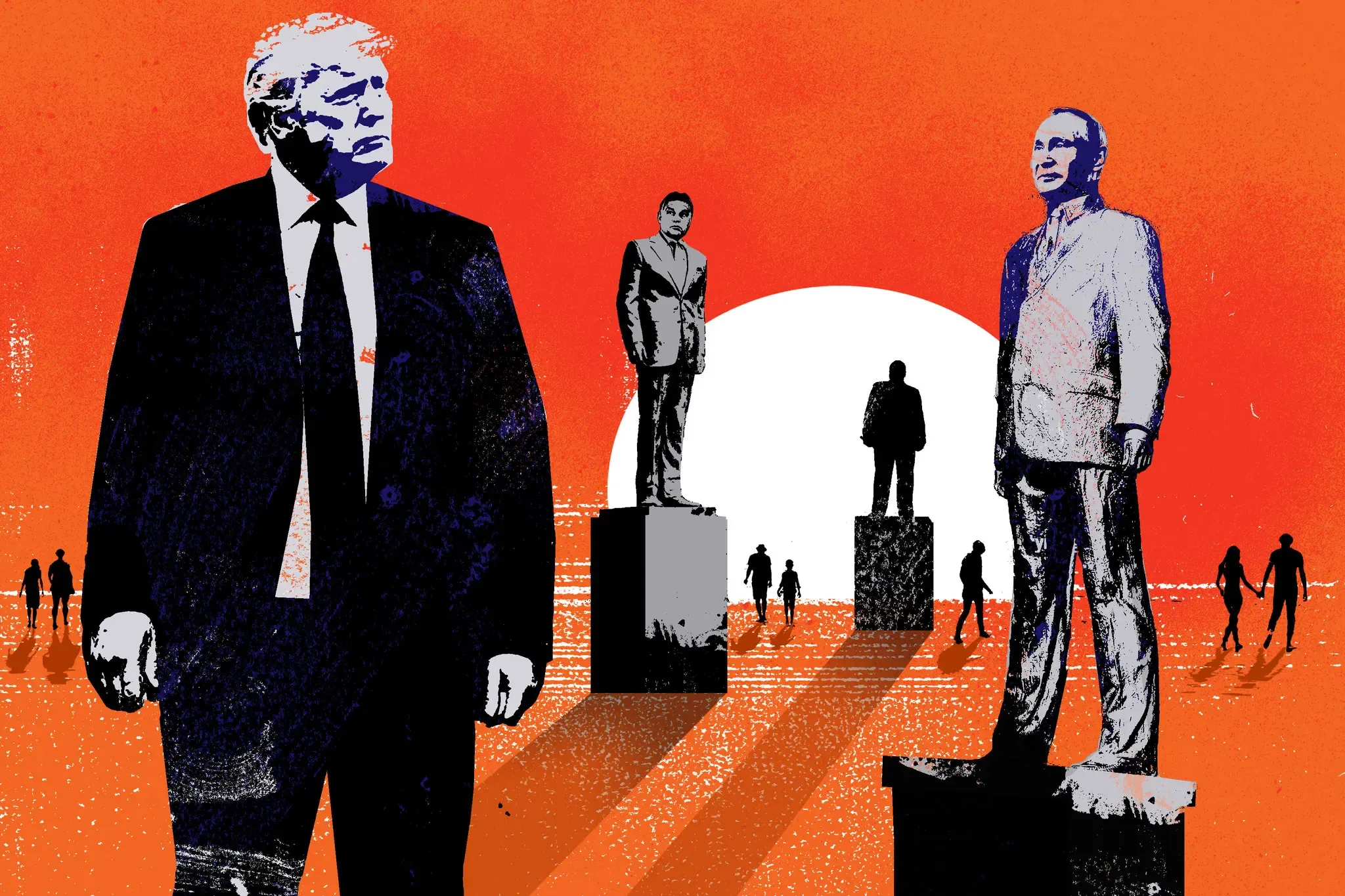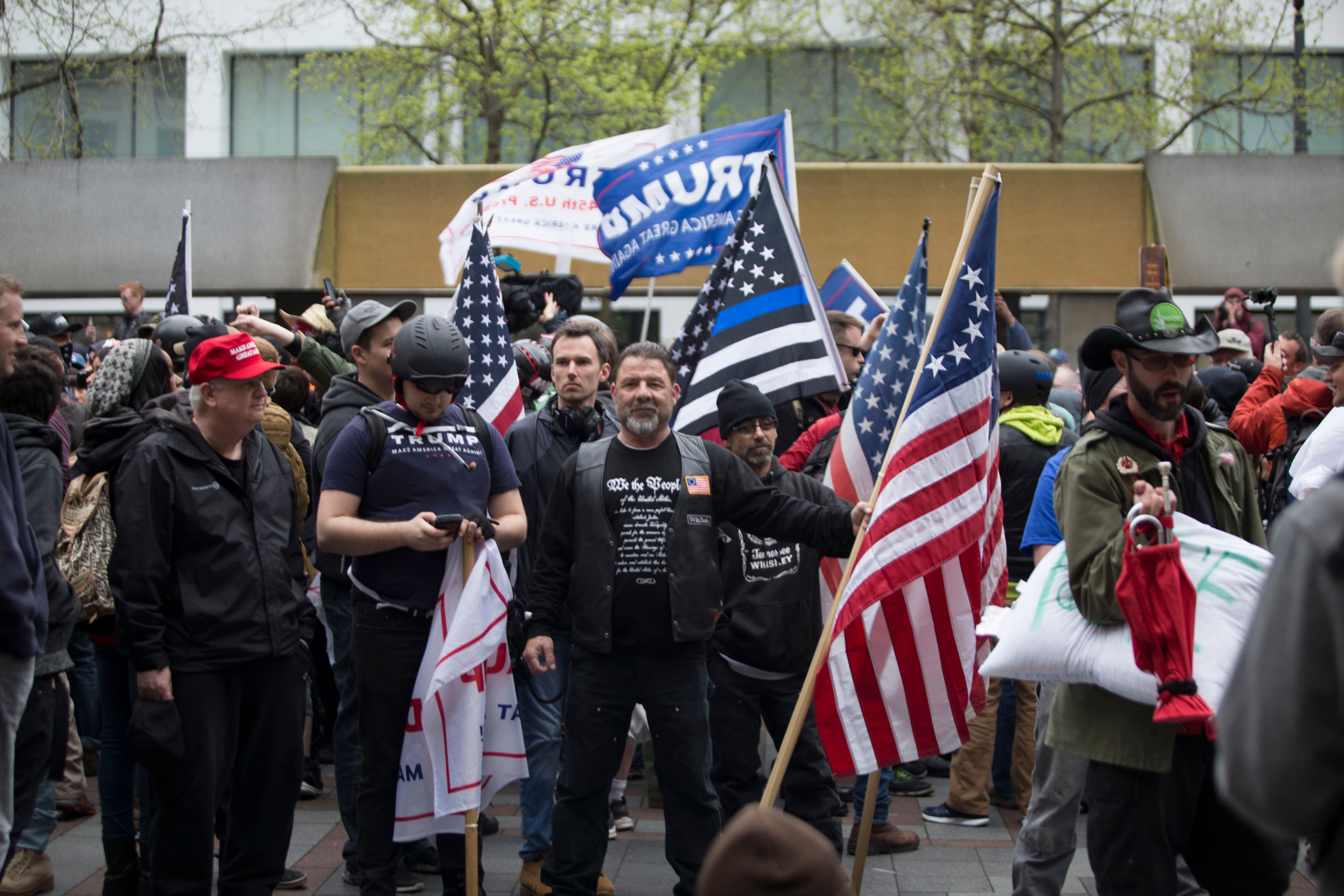*This is a republishing of Dr. Mercieca's essential piece from Dec. 2022
By Dr. Jennifer Mercieca
Just nine months after 20,000 people attended a Nazi rally at Madison Square Garden in New York City, philosopher John Dewey—80 years old and too frail to deliver the speech himself—gave a stark warning from that same stage. The task before Americans was clear, Dewey believed, they had to choose between autocracy and democracy. If they wanted democracy to survive, Dewey warned, Americans had to start thinking of it as more than just a political system. Americans could only defeat Nazism if they recognized that democracy is also “a way of life,” a specific way of associating, thinking, and communicating.
Ours is another era like Dewey’s, and we also have a choice to make between democracy and autocracy. Like in 1939, our choice is urgent, and it’s later than we think.
As Robert Putnam explained in Bowling Alone, over the past several decades, a lot of us have stopped associating, thinking, and communicating democratically. As we’ve withdrawn from public life, we’ve lost bridging social capital and trust in the political process. This is a problem because, as political theorists have warned us: trust is a social lubricant; distrust is a democracy killer. A recent AP/NORC poll showed that “just 9% of U.S. adults think democracy is working “extremely” or “very well,” while 52% say it’s not working well at all. We’ve heard calls for a constitutional convention and for civil war. Autocrats have used their anti-democratic communication strategies to incite hate crimes, political violence, and distrust in the democratic process. Like in 1939, autocracy is on the rise, both in America and around the world.
International non-partisan organizations like Freedom House say that democracy in America is threatened and backsliding. Our democracy is backsliding because a lot of us do not associate or communicate in democratic ways. Dewey knew that democracy was threatened by “intolerance, abuse, [or the] calling of names because of differences of opinion.” Dewey called all of those anti-democratic communication practices “treason to the democratic way of life.” He explained that “everything which bars freedom and fullness of communication sets up barriers that divide human beings into sets and cliques, into antagonistic sects and factions,” which undermines democracy. Barring freedom and fullness of communication and dividing people into antagonistic sets, cliques, sects, and factions is exactly how autocrats destroy democracy.
“Treason” is a strong word, but I think its use is warranted here. A democrat is someone who is motivated by freedom, equality, social justice, and political practices that allow all citizens to share power. As Dewey warned, there are certain ways of associating, thinking, and communicating that amount to “treason” because they increase distrust, polarization, and frustration between citizens as well as between citizens and their government. In so doing, those treasonous communication practices threaten the fragile trust upon which democracy rests, which erodes democracy itself. Democracy is a way of life. Those who seek unlimited power for themselves, their party, their religion, or their race at the expense of others commit treason against democracy.
Since 2015 our public sphere has been saturated with that kind of treasonous communication, and it’s only getting worse. Those skilled in the “dark arts” of communication—propagandists, demagogues, conspiracy theorists, and manipulators of all kinds—use communication as a weapon against us and against our democracy. Communication is a tool—and like any tool, it can be used to create democracy or destroy it. How we communicate is how we do democracy—and as Dewey said, democracy is absolutely something that we do.
Every two weeks, this column will do some democracy. We’ll examine current events and anti-democratic communication strategies to teach you how to defend against the autocratic “dark arts” of communication. My goal will be to explain and expose anti-democratic communication strategies so you can protect yourself from being manipulated and defend democracy. You’ll learn how dark arts communicators take advantage of our innate cognitive, emotional, and social weaknesses, using our vulnerabilities against us to undermine democracy. There’s a lot we can learn about how anti-democratic rhetorical tricks work, and it’s both horrifying and fascinating, to be honest. Dark arts communicators learn from one another, mimicking and normalizing each other’s anti-democratic ideas and communication tactics. My goal—which I hope will become your goal as well—is to normalize democratic thinking and communication. To do that, we must expose and weirdify autocratic thinking and communication.
The task before us, like the Americans of 1939, is to choose between autocracy and democracy and learn to associate, think, and communicate democratically. Let’s do some democracy.










